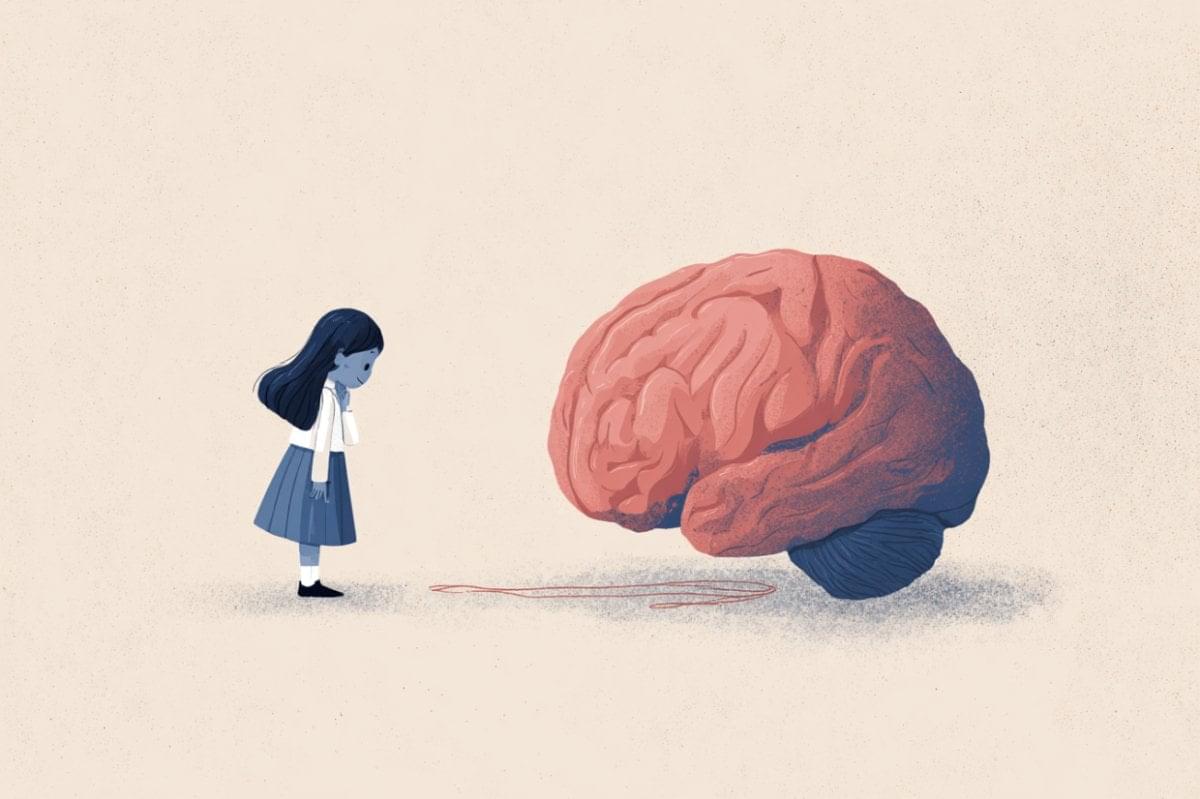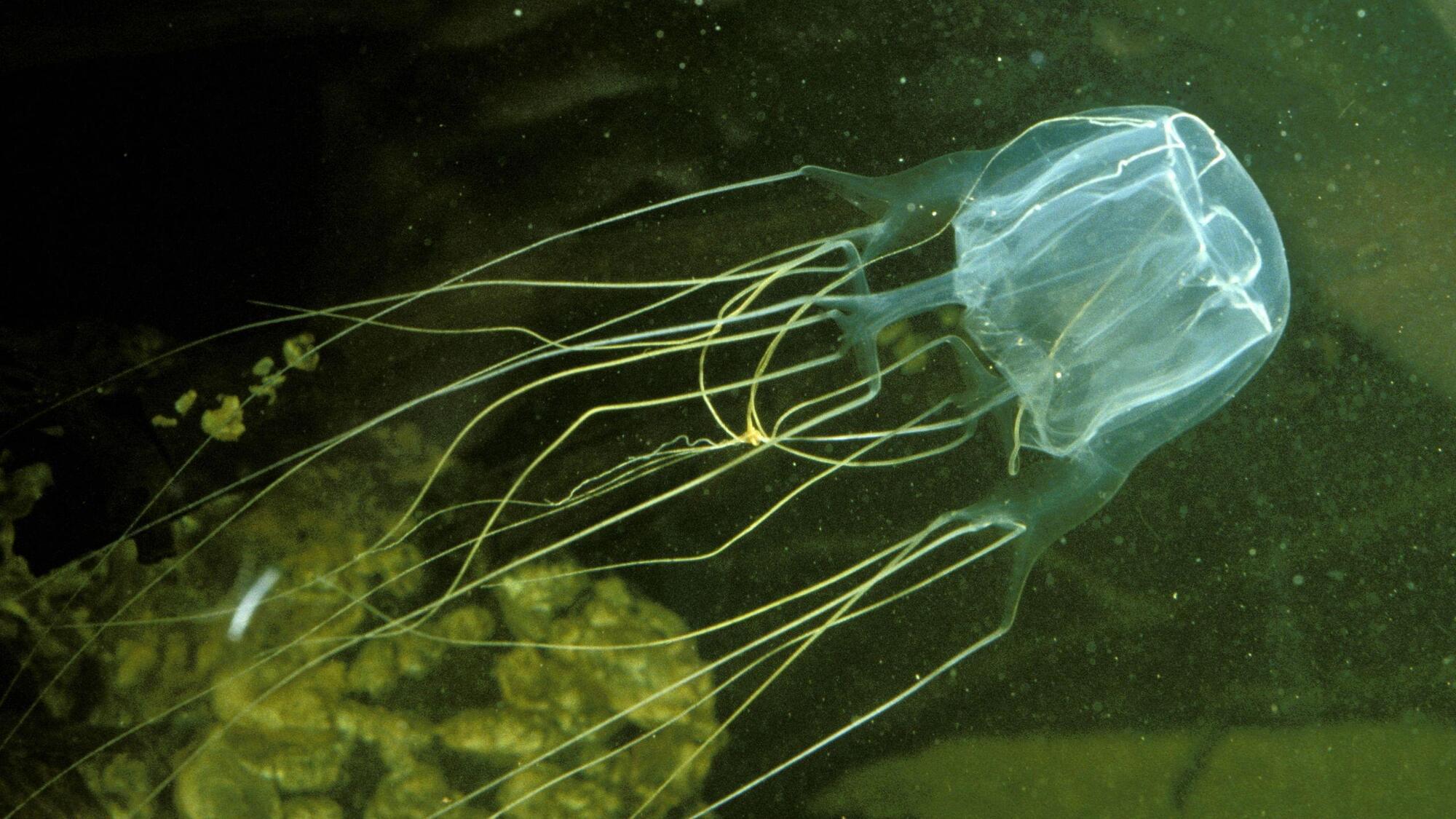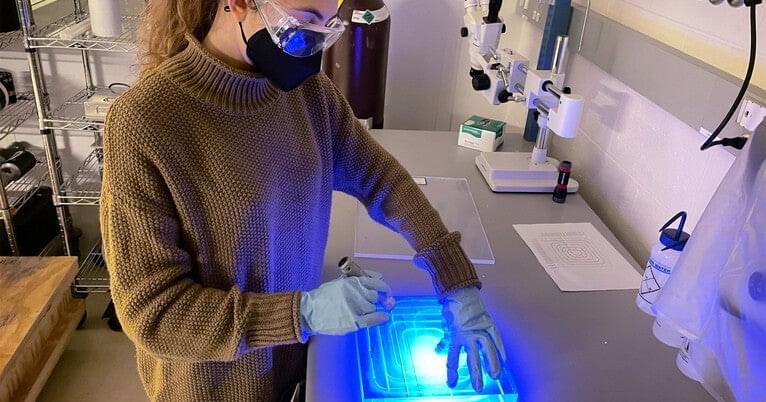Creatures like sea stars, jellyfish, sea urchins and sea anemones don’t have brains, yet they can capture prey, sense danger and react to their surroundings.
So does that mean brainless animals can think?
“Brainless does not necessarily mean neuron-less,” Simon Sprecher, a professor of neurobiology at the University of Fribourg in Switzerland, told Live Science in an email. Apart from marine sponges and the blob-like placozoans, all animals have neurons, he said.
Creatures like jellyfish, sea anemones and hydras possess diffuse nerve nets — webs of interconnected neurons distributed throughout the body and tentacles, said Tamar Lotan, head of the Cnidarian Developmental Biology and Molecular Ecology Lab at the University of Haifa in Israel.
“The nerve net can process sensory input and generate organized motor responses (e.g., swimming, contraction, feeding, and stinging), effectively performing information integration without a brain,” she told Live Science in an email.
This simple setup can support surprisingly advanced behavior. Sprecher’s team showed that the starlet sea anemone (Nematostella vectensis) can form associative memories — learning to link two unrelated stimuli. In the experiment, the researchers trained sea anemones to associate a harmless flash of light with a mild shock. Eventually, the light alone made them retract.
Another experiment showed that sea anemones can learn to recognize genetically identical neighbors after repeated encounters and curb their usual territorial aggression. The fact that anemones change their behavior toward genetically identical neighbors suggests they can distinguish between “self” and “non-self”




